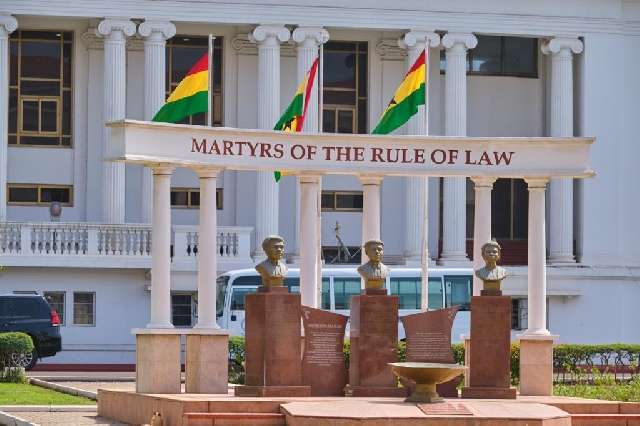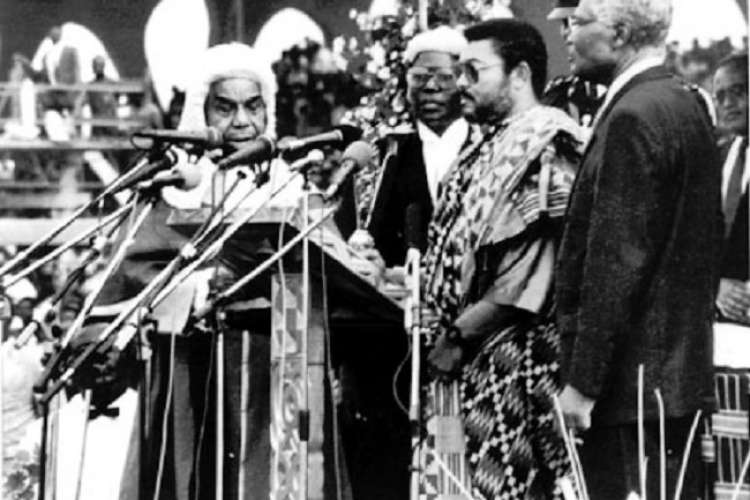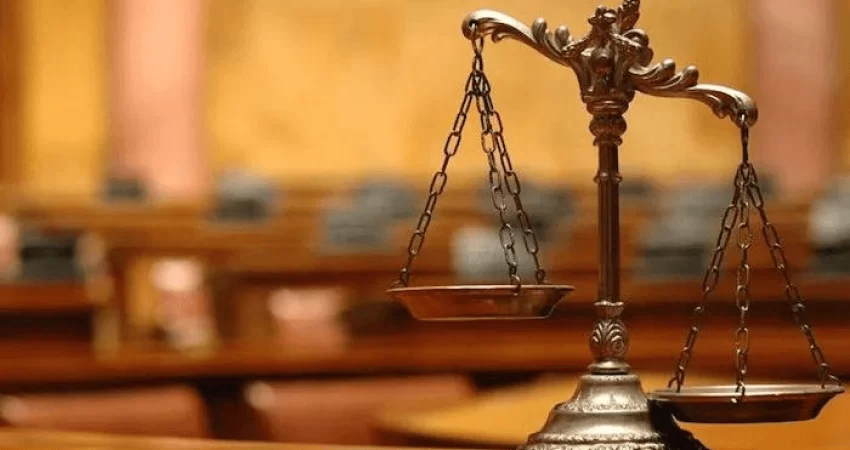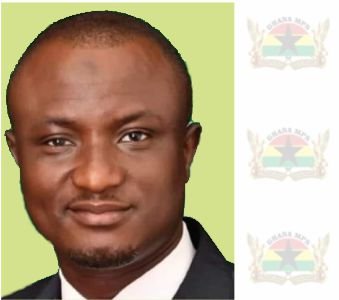The seeming clash between Parliament and the Presidency awakens many “isms” and schools of thought. Despite the contestation, it has become a matter of interest as well as a point of reference for observers of democracy both in Ghana and beyond.
This whole contestation and conversation put the judiciary and particularly the Supreme Court in the spotlight. In other established democracies, judges’ legal preferences are known, marking them as either “liberals or Conservatives”. Therefore, their appointment or promotion to the apex court is fought on these clear lines.
The same cannot be said of Ghana. The process looks “opaque” and fraught with political and partisan consideration.
Ghana’s Judiciary “Independence”
Article 125(3) of the 1992 Constitution provides the Judiciary with all judicial powers of the land. Further, Article 127(1) Grants the judiciary the maximum “independence” in the exercise of its powers and functions.
“In the exercise of the judicial power of Ghana, the Judiciary, in both its judicial and administrative functions, including financial administration, is subject only to this Constitution and shall not be subject to the control or direction of any person or authority.”
Article 127(1), 1992 Constitution

Many would now be wondering why Ghana’s judiciary seems “ humble” despite this power and unfettered work environment.
“God-like Presidents”
With the Fourth Republic starting with an ex-military head of state at the helm, the propensity for arbitrariness overrides the impetus for adhering to Constitutionalism and democratic norms. When the opportunity presented itself, the maiden Parliament faltered by “surrendering”. According to the Center for Democratic Development’s (CDD) Assessment,
“The problem starts with a ruling by the Speaker of the first Parliament, in 1993, that has dispensed with a Private Member’s Bill. Article 108 provides that Parliament shall not proceed upon a bill that in the opinion of the person presiding imposes a charge on the Consolidated Funds or other Public Funds. Since that Speaker, and apparently, subsequent Speakers, concluded that a bill necessarily imposed a charge on the consolidated funds, the strange convention has developed that bars legislators from initiating private members’ bills.”
CDD
Conveniently, it can be said that the “first sin” was committed by the maiden chamber and the current Parliament is reeling solely under the blight of its progenitor. Will the current brouhaha grant it, its conceived “independence” the framers of the law, or will it cede further grounds to the presidency? As it stands, the Judiciary holds the sway.
Ever since this instance, the transformation of the country’s elected Presidents into “God-like” leaders served to expand their encroachment into other domains, and that strategically included the Judiciary via their powers of appointment. Again, according to CDD, “While only the judiciary can exercise the judicial function, it is slow to resolve disputed facts and law and often strains to uphold executive authority. For instance, while the Constitution commands that the President appoints members of the Electoral Commission acting on the advice of the Council of State, the court has interpreted this requirement as if the President merely has to consult with the Council of State.” Thus further cementing the Presidency’s grip.

Administrative logjam
As experiences have shown, democracy flourishes around the wheel of conflict and consensus. This shouldn’t be so much an issue that it is being made to look like. Correctly so, at the moment, governance and administration are in limbo, but the long-term benefit this imposes may well outweigh the current encumbrance.
Should the legislature triumph, and put the Presidency on notice, successive Parliament like their predecessors who bore the pain of the maiden chamber’s “sin”, stand to relish the fruit of this Parliament’s “ salvation”.
Conclusively, the Judiciary holds the balance here, with the dual suit which is alleged to “emanate” from the Presidency and the other rightly from the legislature before, the court wields a stroke that can recalibrate the direction of Ghana’s democracy and also reconfigure the nature of its governance.

Alas, the verdict of the court would not only redefine the relation between the feuding arms of government, but would by and large, further define the precinct of Judicial independence.
READ ALSO: A-G Urges Parliament To Approve President Akufo-Addo’s Ministerial Nominees





















